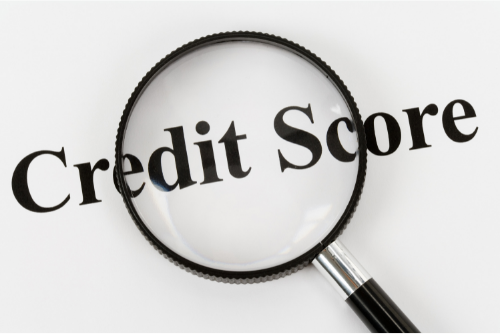9 Types of Credit Scores: Understanding Their Role in Predicting Profitability, Engagement Offers, and Bankruptcy Risk
Beyond the familiar FICO Credit Score, which primarily assesses your credit risk, there are nine other consumer scores based on various lifestyle choices that significantly impact you. These relatively unknown scores play a crucial role in financial decisions made about you.
Revenue Score
How Creditors Predict Profitability
Lenders use the Revenue Score to estimate how profitable you might be as a borrower. They rank your revolving credit accounts to forecast your potential as a revenue source.
Bankruptcy Score
Assessing Bankruptcy Risk
This score predicts your likelihood of declaring bankruptcy by examining data like the number of high-balance and delinquent accounts you have. A high count of late payments or maxed-out accounts signals potential financial trouble.
Response Score
Evaluating Offer Engagement
Creditors tally how many pre-approved offers you discard. Accepting more offers increases your Response Score, indicating your responsiveness to credit opportunities.
Attrition Score
Predicting Loyalty Shifts
The Attrition Score measures your probability of switching lenders. A high score may result in receiving convenience checks or personal incentives to retain your business.
Behavior Score
Understanding Your Relationship with Creditors
This score reflects your activity with a specific creditor, including account duration, usage frequency, and purchase amounts. It helps creditors predict your future interactions.
Application Score
Insights from Credit Applications
Information from your credit application, such as employment details and banking relationships, contributes to your Application Score. This data, separate from your credit report, informs lenders about your financial stability.
Collection Score
Determining Collection Potential
The Collection Score evaluates the likelihood of successfully collecting from you if you default. It helps creditors decide whether to pursue collections or write off the debt.
Recovery Score
Calculating Debt Recovery Odds
This score assesses the chance of recovering delinquent balances on late-stage accounts. Collection agencies use it to allocate resources effectively for debt recovery.
Transaction Score
Guarding Against Fraud
Also known as the Fraud Score, this evaluates your credit usage to protect against unauthorized transactions. An unusual activity might trigger verification processes to confirm your identity.
Navigating Credit Wisely
Before shopping on credit, become a savvy consumer by understanding interest rates and shopping strategies. Learning these behaviors can lead to better financial habits and stronger credit scores.
Behind the Scenes
These nine scores, used internally by creditors, are generally hidden from the public. However, awareness of their existence and their role in your creditworthiness is crucial for understanding lender actions.
Remember, your financial behavior is always under scrutiny, converted into scores that influence your creditworthiness. Awareness is key to navigating the credit landscape effectively and securing favorable terms.
